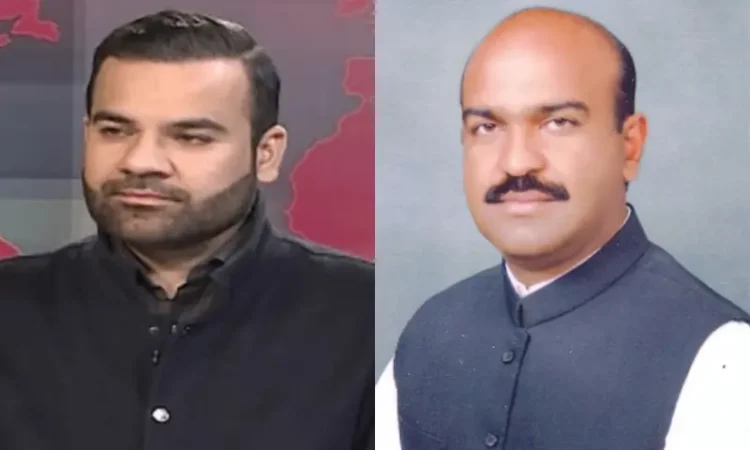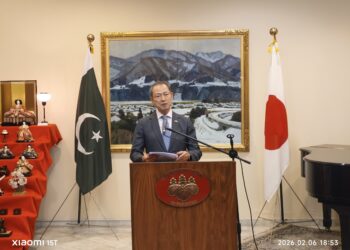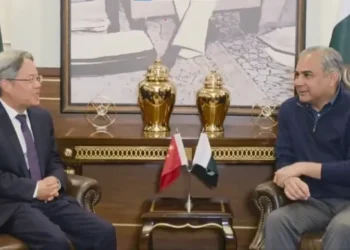Web Desk; The Pakistan Muslim League-Nawaz (PML-N) and Pakistan Peoples Party (PPP) on Saturday rejected claims that the 27th Constitutional Amendment Bill was being pushed through hastily, asserting that the draft had undergone “extensive internal review and debate.”
Speaking on Geo News program Naya Pakistan, Minister of State for Law and Justice Barrister Aqeel Malik said there was “no urgency” behind the cabinet’s virtual session attended by Prime Minister Shehbaz Sharif from Baku, Azerbaijan.
Following cabinet approval, the bill was tabled in the Senate by Federal Law Minister Azam Nazir Tarar and later referred to the National Assembly and Senate standing committees on law and justice for detailed consideration.
Malik clarified that consultations had been ongoing for several days, both within party circles and among legal experts, and that parliamentarians were free to propose further amendments. “A wrong impression has been created that this process is being rushed,” he said, adding that any final decision would follow committee-level debate.
Acknowledging that the process had moved swiftly compared to previous amendments, Malik insisted that there was “no compromise on scrutiny.”
PPP leader Nadeem Afzal Chan also defended his party’s process, saying the PPP held marathon sessions of its Central Executive Committee (CEC), where every member discussed constitutional and legal aspects—including Article 243 and dual nationality—at length. “There was no haste; everything was discussed in detail,” he said.
Chan further commented on fiscal matters, saying the federation must reform its own tax system before demanding more from provinces under the NFC formula. “You can’t seek provincial funds when your own departments lack audits,” he remarked.
Meanwhile, PTI Senator Ali Zafar objected to the ongoing debate, saying it was inappropriate to consider constitutional changes while the opposition leader’s seat remained vacant.
The proposed 27th Amendment includes the establishment of a Federal Constitutional Court, reforms in judicial appointments, an increase in the size of provincial cabinets, and changes to the military command structure—replacing the Chairman Joint Chiefs of Staff Committee (CJCSC) with a new position titled “Chief of Defence Forces.”




































































